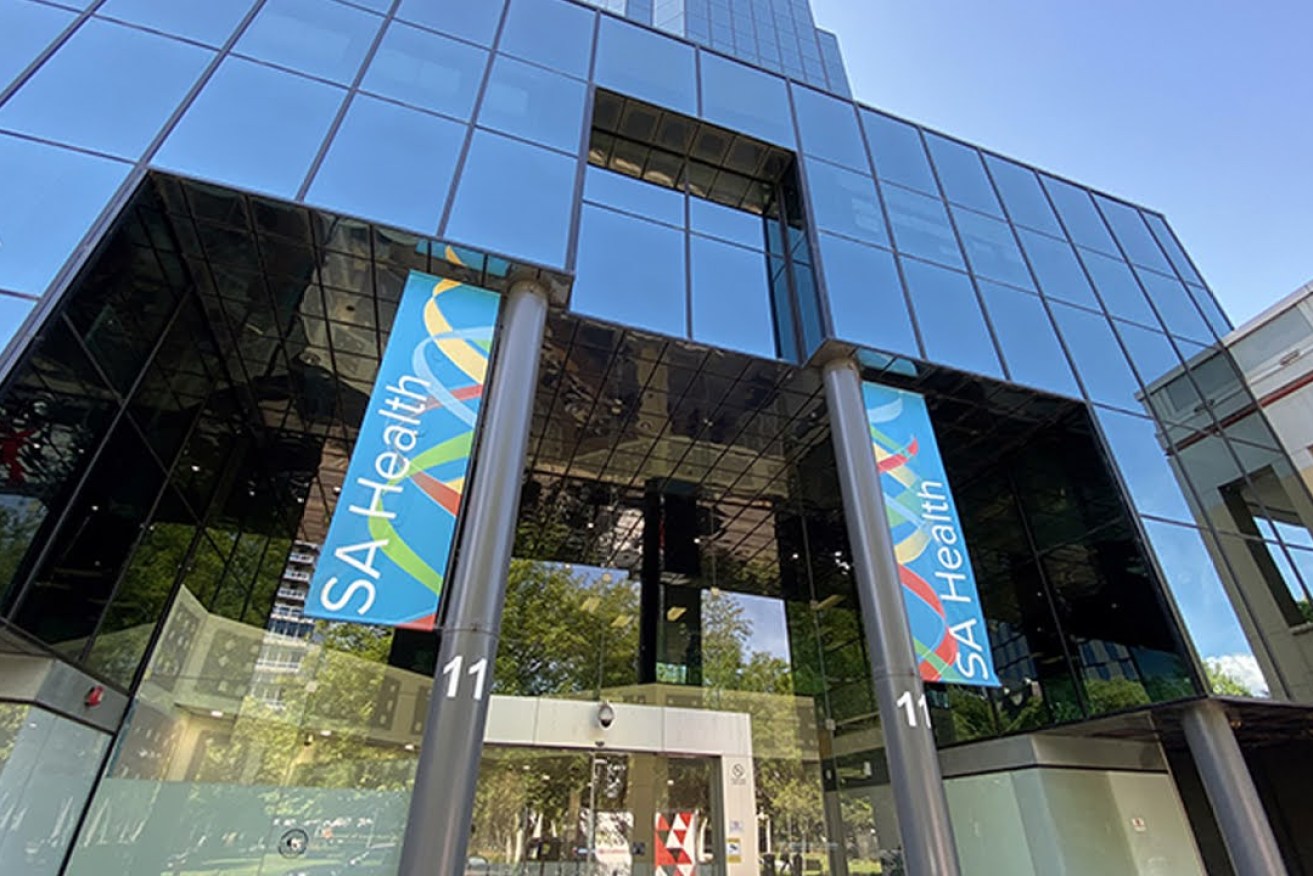SA Health internal dispute revealed over service for vulnerable SA children
A specialised statewide service for children with eating disorders in South Australia appears to have stalled amid an internal dispute between health chiefs about who should run it, prompting calls for the State Government to put an end to the “bureaucratic squabbling”.


Photo: Tony Lewis/InDaily
In the lead-up to the last election, the Liberal Party promised to establish a “dedicated and well-resourced paediatric eating disorder service” and pledged a million dollars a year to run it.
But a trail of emails and department documents, released to the Opposition under Freedom of Information laws, shows infighting between the Women’s and Children’s Hospital Network (WCHN) and Southern Adelaide Local Health Network (SALHN) about how the service should be run and who should oversee it.
Labor is calling on the Government to sort out its “bureaucratic squabbling,” saying “it’s completely unacceptable that this service should be held up… because of intra-government rivalries and fights”.
But the Government insists children are receiving the care they need under existing services.
In 2018, the Government employed a consultancy firm to recommend a governance structure for the Paediatric Eating Disorder Service (PEDS).
In a draft report in November 2018, that company – Aspex Consulting – described existing services as “fragmented”.
It recommended “for the immediate future” that SALHN govern the service, with outpatient services managed by WCHN and inpatient services managed by Flinders Medical Centre.
“A more appropriate longer-term model is more likely to be delivered from a WCHN based service with links to other services in the metropolitan area and elsewhere in SA,” the report says.
Chief Psychiatrist Dr John Brayley sought the views of the two chiefs of WCHN and SALHN, resulting in significant disagreement.
He offered an alternative governance option – to use WCHN staff “but instead the outpatient team are employed by the SALHN not the WCHN”.
In February 2019, WCHN CEO Lindsey Gough wrote to Brayley arguing that PEDS should be placed entirely under the WCHN control.
“There is strength in having a unified service with a clear governance structure under WCHN and we feel this is required for PEDS,” she wrote.
“We do not believe it is tenable to continue to have split services as occurs now without clear direction that governance of services is with CAMHS (child and adolescent mental health service) hence WCH.
“To divide outpatient services in a ‘shared governance’ model is not the model supported by WCHN going forward.”
Gough argued that SALHN (FMC) had always been the specialised “adult service” for eating disorders, “however paediatric specialties and expertise for services are concentrated at WCHN providing both acute and community services, with some outreach and more generalised paediatric services in other LHNs (local health networks)”.
Asked her views on the combined structure, she said “we believe it is time to consolidate the service under one governance model (administrative and clinical) and one employer”.
Gough argued that “split or even shared governance for inpatient and outpatient services will lead to fragmentation of care and potential poorer outcomes”.
The same day, SALHN CEO Susan O’Neill wrote to Brayley, saying “the clinical expertise at FMC for paediatric eating disorders is considered at this time to be greater than that at the Women’s and Children’s Health Network”.
“The maturity of the service at FMC is well established with SALHN seeing large numbers of patients requiring medical stabilisation,” she said.
“Overall, the service at SALHN is well-developed with a mature service delivery model that supports the very strong argument for Governance to sit at SALHN.”
O’Neill said “we do not support the separation of inpatient and outpatient governance”.
“The established FMC paediatric service integration of the inpatient and outpatient teams is paramount for clinical effectiveness and patient safety, along with administrative and budgetary efficiency,” she wrote.
In a statement to InDaily, SA Health said existing services at WCH and FMC provided “safe, high quality care to young South Australians with eating disorders”.
“While a new integrated Statewide Paediatric Eating Disorder Service model of care is in the final stages of development, paediatric patients continue to receive the treatment they need in partnership with the Statewide Eating Disorder Service, based in the Southern Adelaide Local Health Network (SALHN) and the Women’s and Children’s Health Network (WCHN),” SA Health said.
“CAMHS assists with rapid assessment clinics, family based therapy, psychiatric assessment and follow-up appointments.
“The draft model of care aims to ensure we continue to provide the best care and outcomes for children, adolescents and families experiencing an eating disorder in South Australia.”
Opposition health spokesman Chris Picton said it was “pretty disgusting really that this promised service has been delayed because of the fact that there’s bureaucratic squabbling as to who should be running the service”.
“This was an election promise that hasn’t been delivered to those kids who need the service because of intra-government rivalries and fights.
“It’s completely unacceptable that this service should be held up. There are many kids and families who are struggling who need this assistance.
“The Government needs to urgently sort this out.”
Human Services Minister Michelle Lensink said “young South Australians with eating disorders continue to get the high quality, specialised support they need, and any suggestion otherwise by Labor is utterly disingenuous”.
“Quality of care is more important to South Australians than governance structures, and we remain focused on providing the best care and outcomes for children, adolescents and families experiencing an eating disorder in South Australia.
“Critically, paediatric patients who require this service continue to receive the treatment they need, when they need it.”




